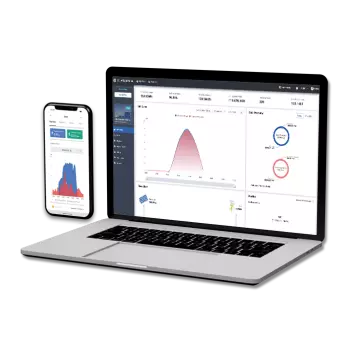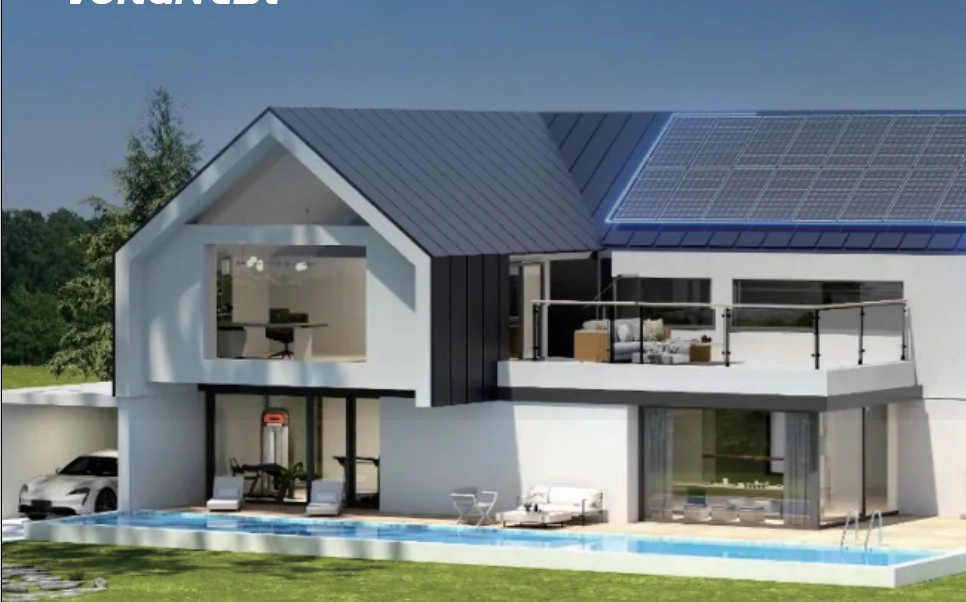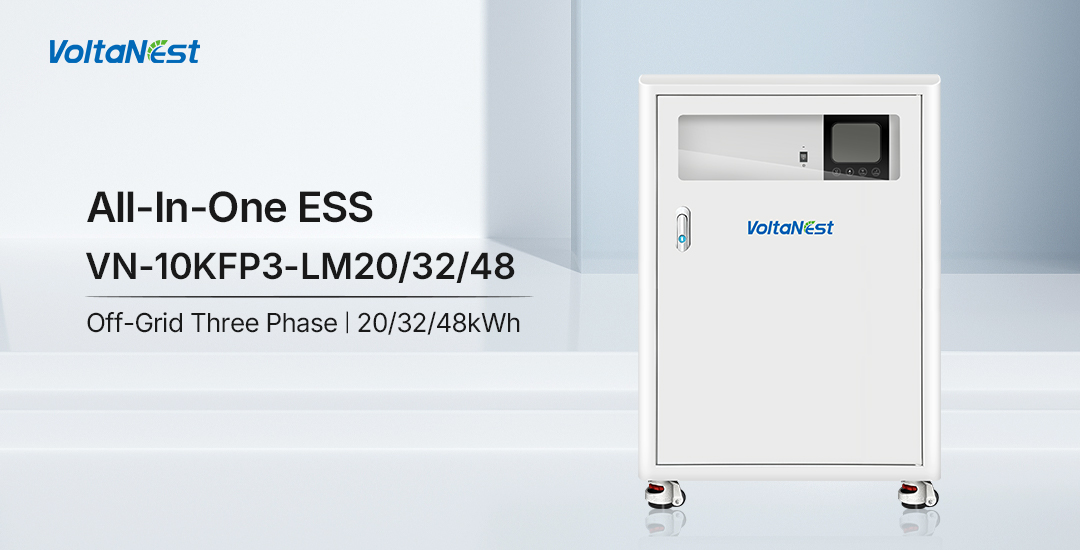What is Residential Energy Storage and how does it work?
Release time: 2025-09-03
Table of Contents
As homeowners look for more efficient and sustainable ways to manage their electricity consumption, residential energy storage systems are gaining popularity. These systems allow homeowners to store energy generated from renewable sources like solar panels or from the electric grid, ensuring a reliable power supply even during peak hours or power outages. With increasing concerns about energy efficiency and sustainability, understanding how residential energy storage works and its benefits can help homeowners make more informed decisions about their energy use.
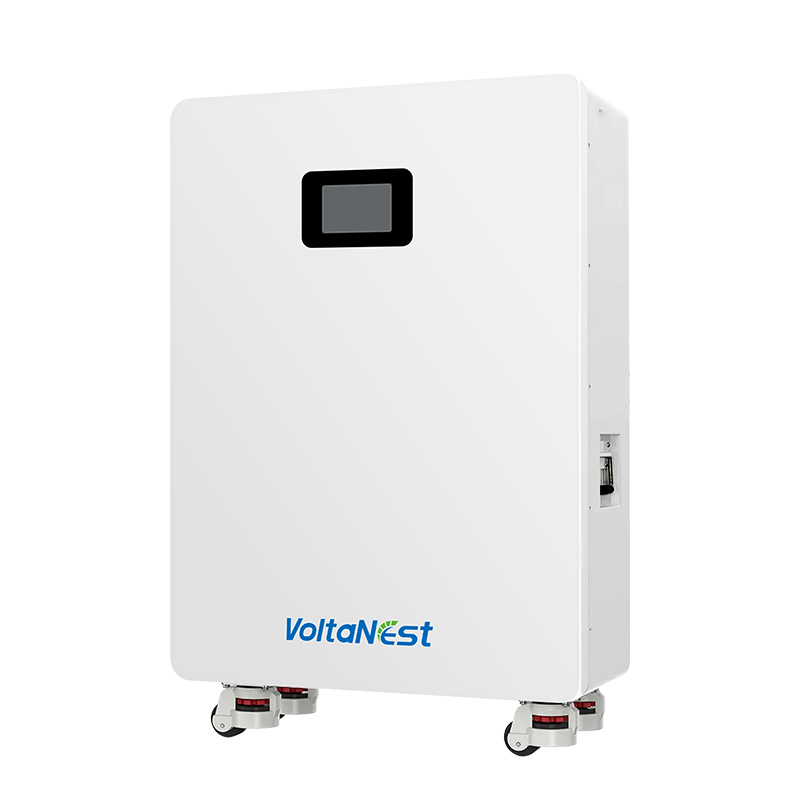
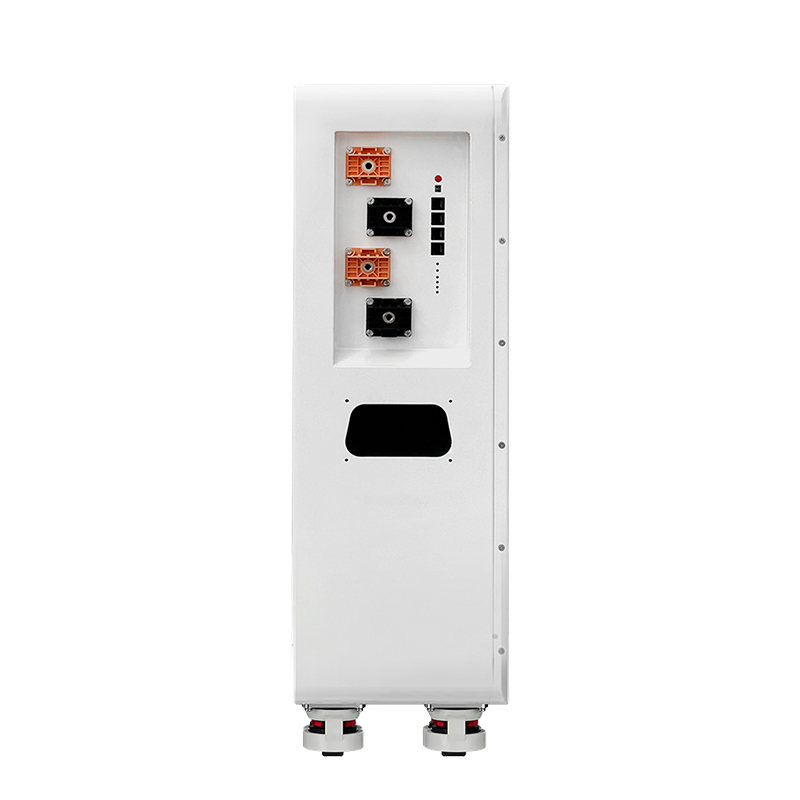
What is Residential Energy Storage?
Residential energy storage refers to systems that store electricity for later use in a home. Typically, this energy is generated by solar panels, wind turbines, or drawn from the grid during off-peak hours. These systems offer homeowners greater control over their energy consumption, reduce reliance on the grid, and help lower energy bills, all while supporting a transition toward greener energy solutions.
How Does Residential Energy Storage Work?
To understand why energy storage systems are gaining traction, it’s important to understand how they work:
1. Energy Generation
The process begins with energy generation. Most commonly, this is through solar panels, which convert sunlight into electricity. In some cases, wind turbines may also generate energy. Alternatively, electricity can be purchased from the grid during off-peak times when rates are lower.
2. Energy Storage
The electricity generated is stored in batteries. The most common type of battery used in residential energy storage is the lithium-ion battery, known for its high energy density and long lifespan. However, there are other options like lead-acid or salt-based batteries.
3. Inverter Technology
When stored energy is needed, an inverter converts the direct current (DC) power from the batteries into alternating current (AC) power, which is suitable for household use.
4. Energy Consumption
Once converted to AC, the stored energy powers your home. This reduces reliance on grid electricity, potentially lowering electricity bills and allowing you to use your energy more efficiently.
5. Smart Control Systems
Many modern residential energy storage systems come with smart controls that allow you to monitor and optimize your energy use. These systems can be programmed to store energy during the day when solar production is high and discharge it during peak hours when electricity rates are more expensive.
Key Benefits of Residential Energy Storage
Investing in a residential energy storage system comes with several key benefits. Here are the most notable advantages:
1. Energy Independence
One of the most compelling reasons to install an energy storage system is to reduce dependence on the grid. With solar energy storage, homeowners can self-generate and store energy for later use, creating a more independent and resilient energy solution.
2. Cost Savings
Residential energy storage systems can significantly lower electricity costs. By storing energy during off-peak times or when solar generation is high, homeowners can avoid paying high rates during peak hours and reduce their monthly energy bills.
3. Reliable Backup Power
In areas prone to power outages, these systems offer a reliable backup power solution. Stored energy can be used during blackouts, keeping essential appliances running, such as lights, refrigerators, and security systems.
4. Environmental Sustainability
By storing and using renewable energy, residential energy storage systems contribute to reducing carbon footprints and promoting greener, more sustainable living. Homeowners who rely on solar energy and wind power for storage are playing an active role in reducing the demand for fossil fuels.
5. Increased Home Value
Homes with energy-efficient systems, such as solar panels and energy storage solutions, can see a higher resale value. Buyers increasingly seek homes with sustainable features that reduce energy costs and promote energy independence.
Types of Residential Energy Storage Systems
There are various types of energy storage systems available for homeowners. These include:
1. Lithium-Ion Batteries
Lithium-ion batteries are the most widely used technology due to their high energy density and long lifespan. They are compact, charge quickly, and work seamlessly with solar panel systems.
2. Lead-Acid Batteries
Lead-acid batteries are an older, more cost-effective technology. While they are larger and less efficient than lithium-ion options, they remain a viable choice for those on a budget.
3. Salt-Based Batteries
A newer and more environmentally friendly option, salt-based batteries use non-toxic materials and offer a safer alternative to other battery types. They are a promising innovation in the world of residential energy storage.
Why Choose Residential Energy Storage?
Energy Storage and Sustainability
Residential energy storage systems not only make homes more energy-efficient but also align with global sustainability goals. As renewable energy adoption continues to grow, energy storage is becoming an essential component in the effort to reduce greenhouse gas emissions.
Maximizing Solar Power with Storage
If you already have solar panels installed at home, integrating a storage solution maximizes the use of your solar energy. During sunny days, you can generate excess power, which is then stored for use during cloudy days or nighttime hours. This maximization of solar energy is a smart way to reduce reliance on the grid.
Conclusion: Is Residential Energy Storage Right for Your Home?
Residential energy storage systems offer a wide range of benefits, including energy independence, cost savings, and environmental sustainability. Whether you’re looking to lower your electricity bills, ensure reliable backup power during outages, or reduce your home’s carbon footprint, these systems are an excellent investment for homeowners.
By integrating solar energy storage with a smart home energy management system, you can enjoy the flexibility of managing your energy needs more efficiently than ever before.



